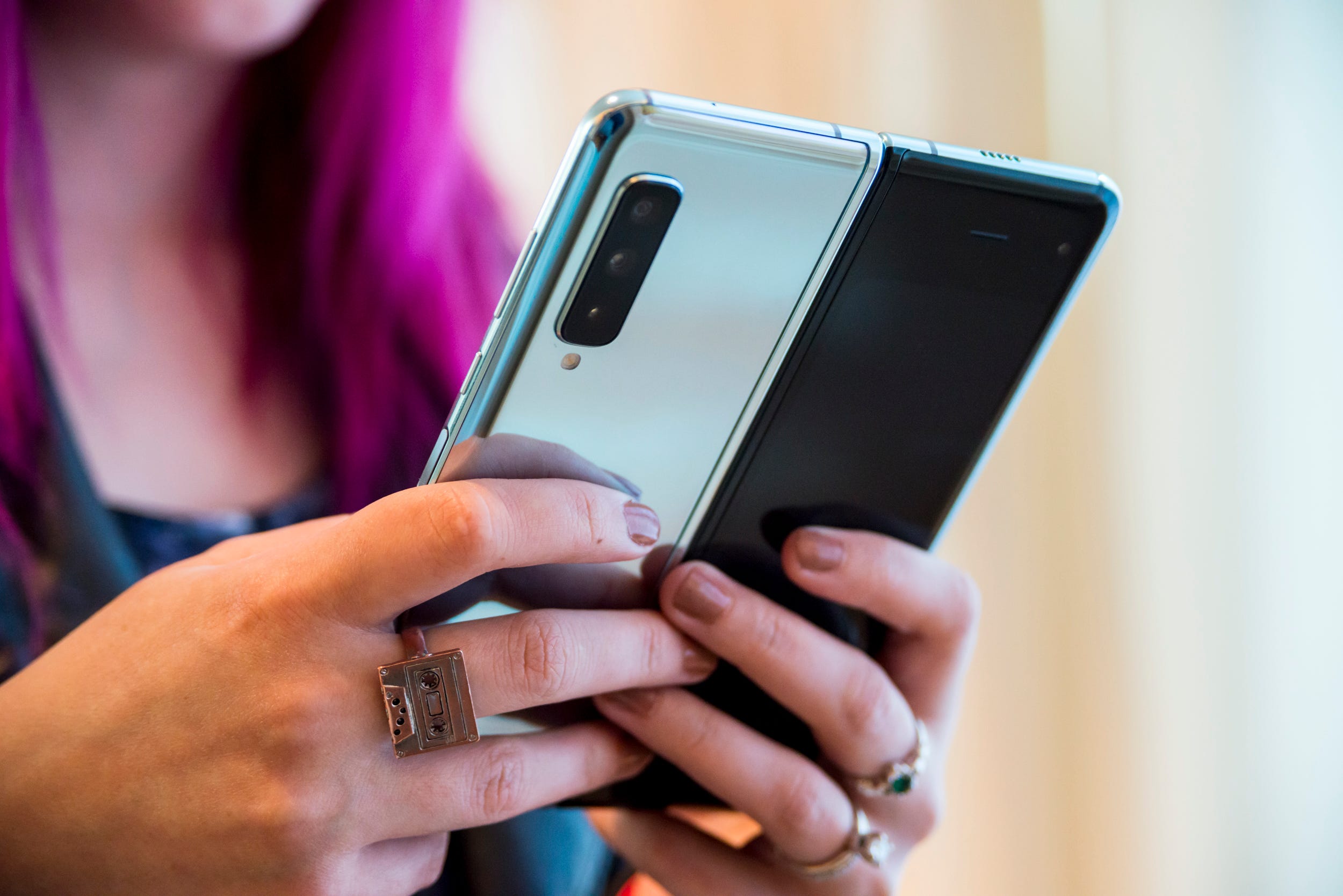- Google is reportedly planning to release its first foldable Pixel phone in the fourth quarter of 2021, according to a report from 9to5Google citing an internal company document.
- The foldable device is codenamed “passport.”
- The launch would come after companies like Samsung, Huawei, and Motorola have released foldable phones.
- Google previously said it had been thinking about foldable phones, but the company hasn’t expressed any plans to develop or release such a product.
- Visit Business Insider’s homepage for more stories.
Google is planning to release its first foldable Pixel phone in the fourth quarter of 2021, putting it in competition with Samsung and other phone makers, 9to5Google reports citing a leaked internal document.
The document is said to list versions of Google’s mobile operating system for all of the company’s existing phones and unreleased models, including a foldable device codenamed “passport.”
9to5Google also said the document may not be indicative of the plans of Google’s hardware team since it’s meant for Android development. Google declined to provide a comment for this story.
Companies like Samsung, Motorola, and Huawei introduced their first foldable phone models in 2019, although it’s unclear how well those models have been selling. Samsung is on its third foldable phone, the Galaxy Z Fold 2, which it just announced on Wednesday.
Samsung's foldable phone lineup alone is evidence that such devices are still in their early stages and the industry is figuring out what works.
Samsung's first foldable phone, for example, was criticized after a small number of reviewers found that their test models broke after just a couple of days of use. Issues aside, some reviewers also called the original Galaxy Fold too expensive and pointed out other issues with the phone's design, like its small cover display.
Samsung went with a completely different design for the second foldable phone it in announced in February, the Galaxy Z Flip, which looks like an old-school flip phone but with a bendable glass screen. Now, its newest foldable phone combines elements of both the Galaxy Fold and Z Flip, offering a wide, tablet-like design similar to the Fold with bendable glass and a hinge that stays open at multiple angles like the Z Flip.
Google said last year that it's thinking about foldable phones, but that it doesn't see a strong use case for them just yet.
"I don't think that the product is quite innovative enough yet," Mario Queiroz, the former Google executive that previously oversaw the company's Pixel division, told Business Insider in May 2019. "Just folding your phone, that's interesting, and turning it into a tablet, there's some incremental benefit to it, but it's not like that breakthrough thing where you say, 'Wow this is something that's very different.'"
Among the biggest questions about foldable smartphones, however, is whether anyone is actually buying them. Market research firm Gartner predicts that foldable phones will only account for 5% of high-end smartphone sales by 2023, while Strategy Analytics predicts that 100 million foldable smartphones will be shipped by 2025. That may sound like a lot, but The International Data Corporation predicted that 1.38 billion smartphones shipped in 2019.

